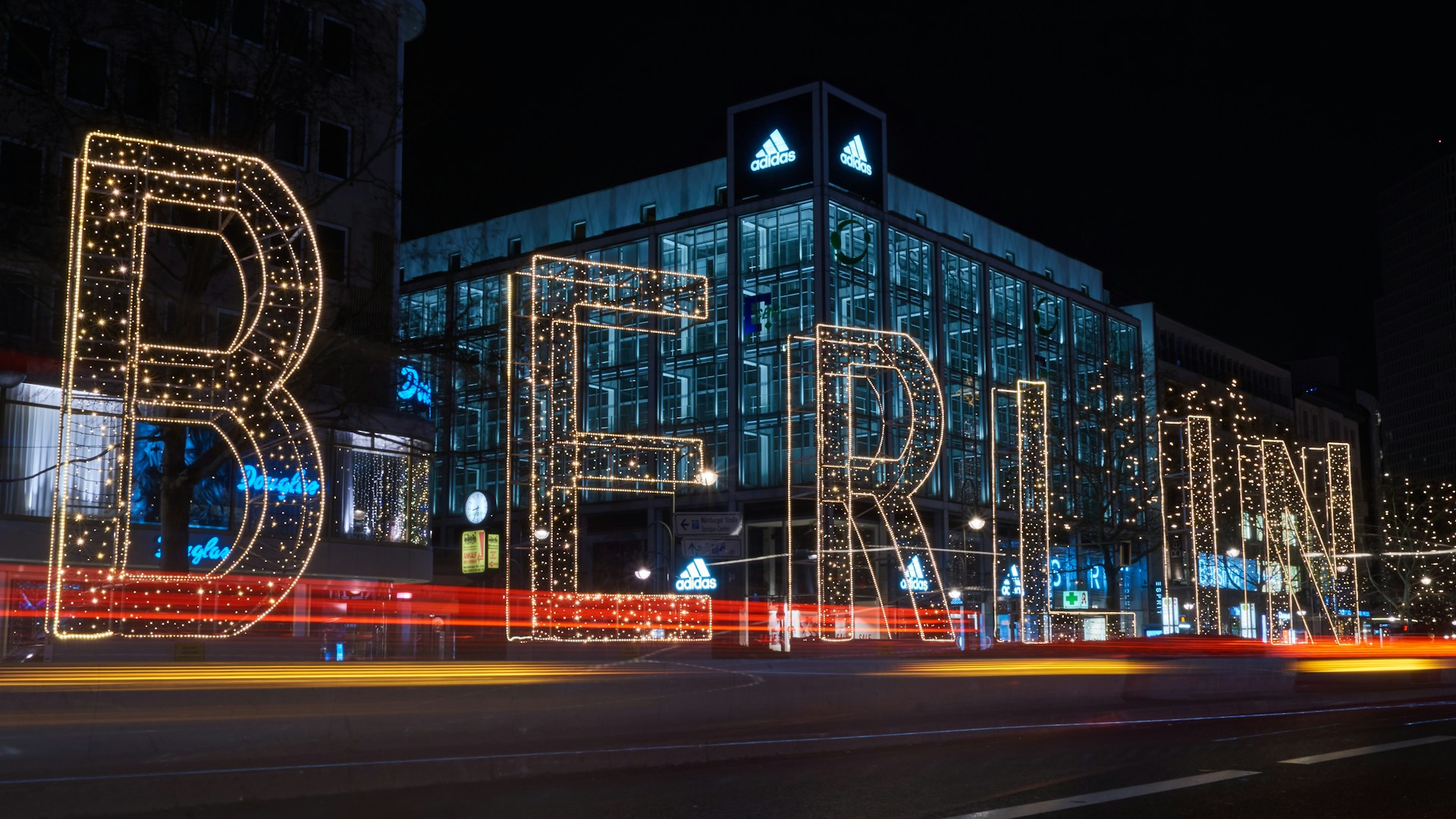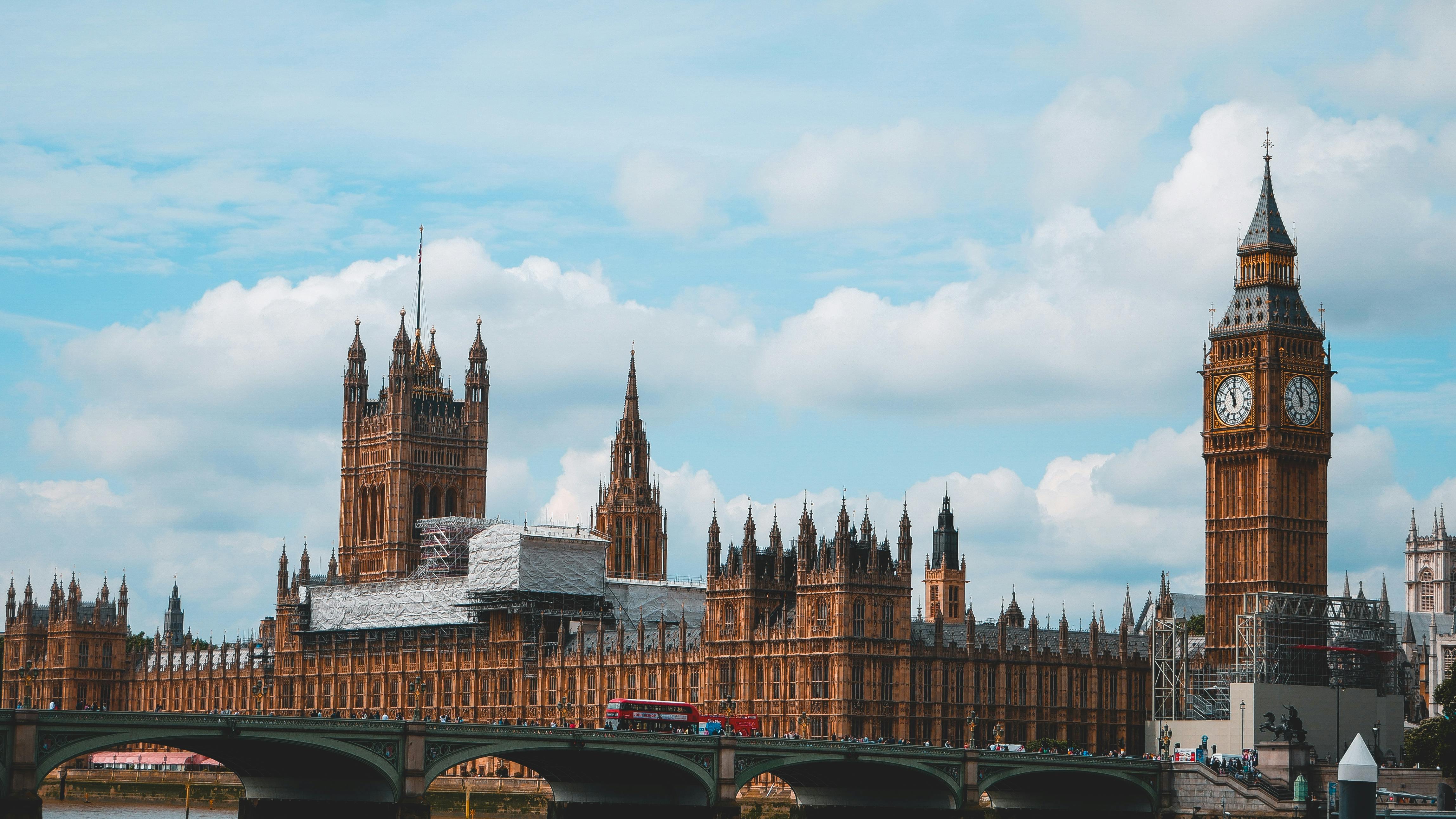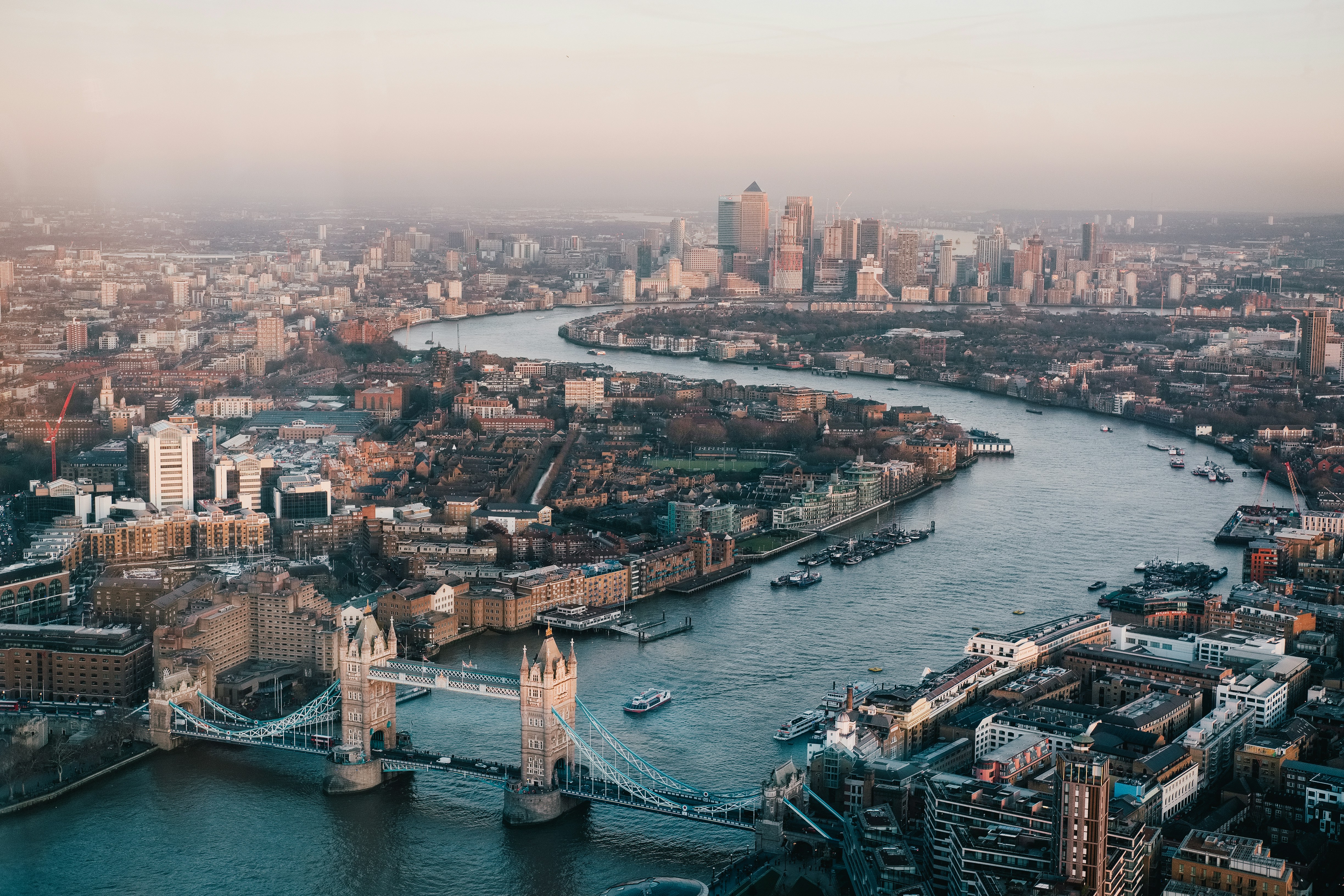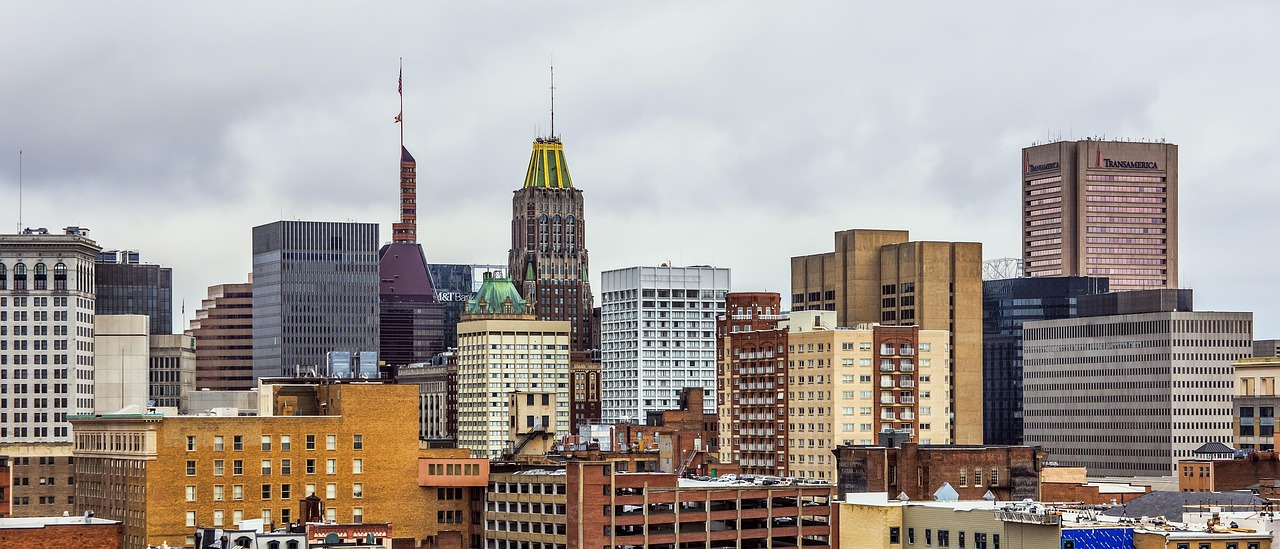Let’s be honest: mixing up the UK vs Great Britain vs England is a rite of passage for almost everyone. You might refer to London as the “UK’s capital” while accidentally calling a Scottish person “English”. The blur between these terms isn’t just a modern mix-up—it’s a messy, centuries-old story of kingdoms clashing, political unions, and cultural pride. From Viking invasions to Brexit debates, the lines between these names have shifted like British weather. Whether you’re booking a flight to Edinburgh, binge-watching The Crown, or just tired of nodding when someone mentions “the British Isles,” this breakdown will save you from future blunders. Let’s decode the jargon and learn the difference between Great Britain, the United Kingdom, and England.
What is the British Isles?
Northwest of Europe, the British Isles geographically contain both the United Kingdom (Scotland, England, Wales, and Northern Ireland) and the Republic of Ireland. Ancient stones clash with glass towers; fiddle tunes duel espresso machines in Dublin’s modern pubs. This layered history thrives in contradictions—Viking ruins near York‘s tea rooms, Edinburgh‘s volcanic cliffs echoing bagpipes, and industrial docks alongside modern culture. The landscape pulses with enduring cultural collisions, where every coastline and city bears overlapping scars and innovations from centuries of conflict and connection.
What is the UK
The UK, or the United Kingdom of Great Britain and Northern Ireland, is a sovereign country made up of four nations: England, Scotland, Wales, and Northern Ireland. It is located off the northwestern coast of mainland Europe, and its capital city is London. The UK has a single central government for many matters, but also grants devolved powers to Scotland, Wales, and Northern Ireland.
What is Great Britain
Great Britain refers to the largest island in the British Isles, which includes three countries: England, Scotland, and Wales. It does not include Northern Ireland or any smaller surrounding islands. The term is geographical rather than political, although it is often used informally to refer to the whole UK, which is technically incorrect.
What is England
England is the largest and most populous country within the UK, occupying the southern part of Great Britain. Its capital is London, which is also the capital of the UK. England shares borders with Scotland to the north and Wales to the west, and it is known for its rich history, cultural influence, and as the birthplace of the English language.
Great Britain vs UK vs England: What are the Differences?
| Field | UK | Great Britain | England |
|---|---|---|---|
Composition | England, Scotland, Wales, Northern Ireland | England, Scotland, Wales | England only |
Geographic Scope | Northwestern Europe, including Great Britain, the northeastern part of the island of Ireland, and some smaller islands | The island of Great Britain itself (excluding Northern Ireland and other small islands) | The southern part of the island of Great Britain |
Political Meaning | A sovereign state with a unified central government, though each constituent country has some autonomy in certain matters | Primarily a geographical term, sometimes mistakenly used to refer to the whole UK | One of the four constituent countries of the UK, with its own local government but sharing the same legal system as the UK central government |
Key Difference | The UK is the full name of the country and includes not only England but also Scotland, Wales, and Northern Ireland | Great Britain refers to the island and does not include Northern Ireland | England is just one country within the UK, the largest in area and population, but not the whole UK |
The United Kingdom(UK)
People may wonder about England vs the United Kingdom. The United Kingdom(UK) is a sovereign nation located in the Northwestern part of Europe and is comprised of four constituent countries: England, Scotland, Wales, and Northern Ireland.
Geographically, it spans the British Isles, broadered by the Atlantic Ocean and North Sea. Also, it is separated from the European continent by the English Channel to the south. The Irish Sea separates the British Isles from the island of Ireland.
In the historical dimension, the formation of the United Kingdom followed a centuries-long process of political integration: the unification of the medieval kingdoms was gradually accomplished through the Acts of Union (the merger of England and Scotland in 1707 and the incorporation of Ireland in 1800).
Great Britain(GB)
Great Britain is the largest island in the British Isles, including three constituent countries: England, Scotland, and Wales. Regarding geography terms, it is located off the northwest of mainland Europe and surrounded by the North Sea, English Channel, and Atlantic Ocean.
In history, the term was derived from the political union of England and Scotland under the 1707 Acts of Union, and it formed the Kingdom of Great Britain. Then, it merged with Ireland in 1801 and constituted the United Kingdom, and later, most of Ireland became independent.
People need to be aware of the differences in Great Britain vs the United Kingdom. Great Britain is a purely geographical term referring to the island comprising England, Scotland, and Wales, and it is not a political entity.
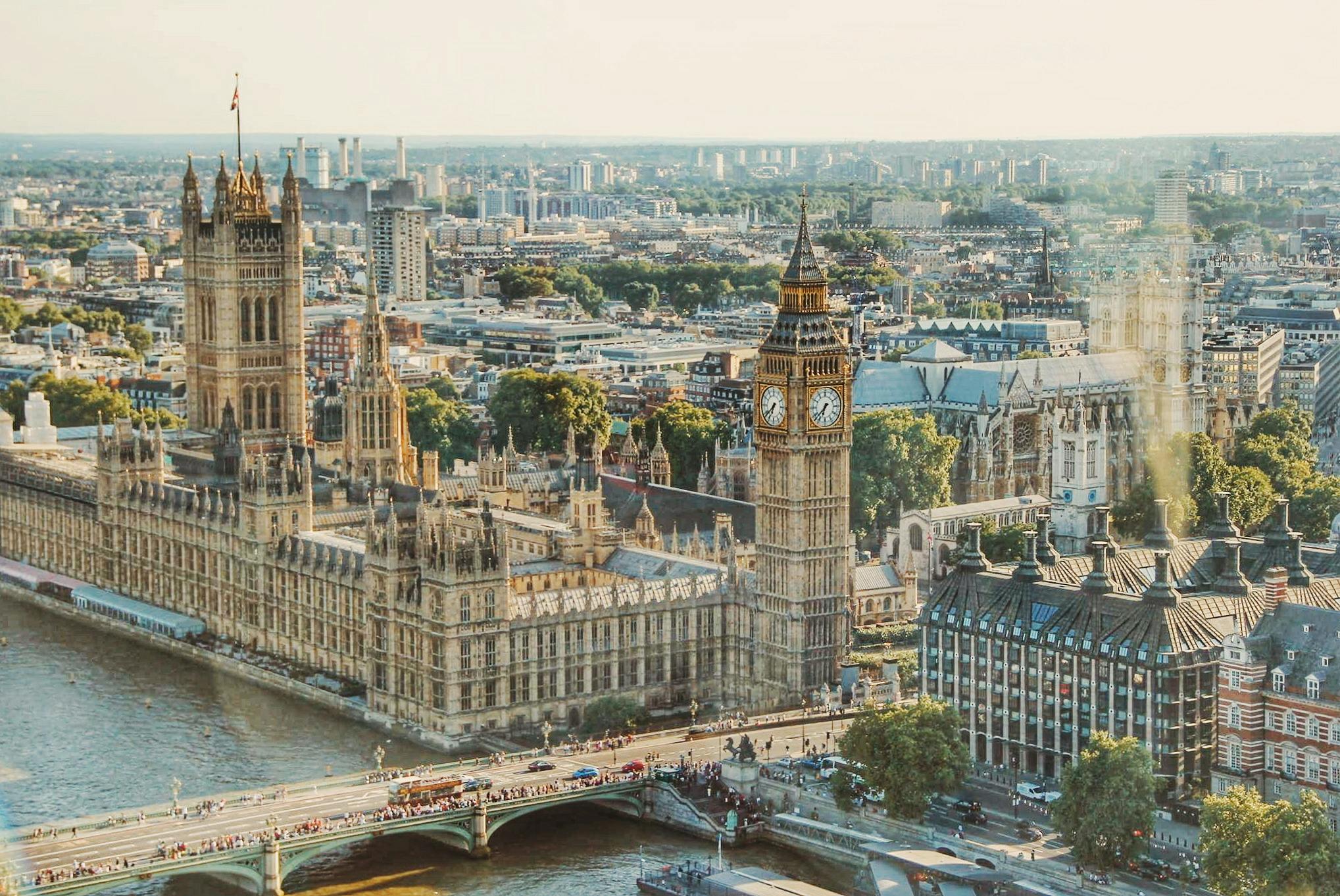
England
England is one of the constituent countries of the United Kingdom, located in the southern and central parts of Great Britain. Geographically, it features the lowland plains in the South and upland areas in the North and is bordered by the North Sea, Irish Sea, and English Channel.
Historically, England emerged as a unified state after Roman occupation (43–410 CE) and Anglo-Saxon settlements, later transformed by the Norman Conquest in 1066.
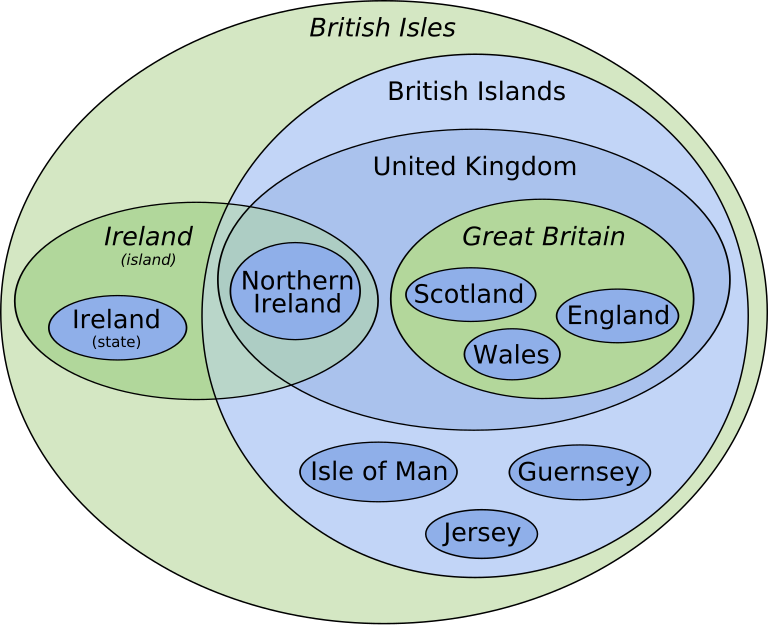
The Difference Between the UK and Great Britain
The core difference between UK and Great Britain is that the United Kingdom, whose full name is the “United Kingdom of Great Britain and Northern Ireland”, is a sovereign state consisting of four constituent countries – England, Scotland, Wales (which are located on the island of Great Britain) and Northern Ireland (which is located to the northeast of the island of Ireland); whereas Great Britain is a purely geographical concept that refers only to the island on which England, Scotland and Wales are located, excluding Northern Ireland and other dependent islands. England, Scotland, Wales (all three of which are located on the island of Great Britain) and Northern Ireland (located in the north-east of the island of Ireland); Thus, the United Kingdom = Great Britain + Northern Ireland, while Great Britain is only the main geographical component of the United Kingdom. In addition, there is the related concept of the “British Isles”, which is a larger geographic category encompassing the whole of the United Kingdom, the Republic of Ireland, and the surrounding islands, such as the Isle of Man.
The Difference Between Great Britain and England
Great Britain is a geographical term referring to the largest island in the British Isles, which comprises three distinct regions: England, Scotland, and Wales. England, on the other hand, is a single country located in the southeastern part of Great Britain and is the largest and most populous constituent nation of the United Kingdom. Historically, the Kingdom of England expanded through the conquest of Wales (1284) and later formed the Kingdom of Great Britain by uniting with Scotland in 1707. Politically, England is directly governed by the UK Parliament, unlike Scotland, Wales, and Northern Ireland, which have varying degrees of devolved governance. While English culture and language dominate the UK, Scotland and Wales maintain their own legal systems, languages (such as Scottish Gaelic and Welsh), and cultural traditions. In summary, England is part of Great Britain, which in turn forms the main geographical component of the United Kingdom—a relationship of nested political and geographical entities.
The Difference: England vs UK
The United Kingdom (UK), officially known as the United Kingdom of Great Britain and Northern Ireland, is a sovereign state comprising four constituent countries: England, Scotland, Wales, and Northern Ireland. England, on the other hand, is just one of these four countries—the largest and most populous, but not synonymous with the UK as a whole. Geographically, the UK includes Great Britain (the island containing England, Scotland, and Wales) and Northern Ireland, whereas England refers solely to the southeastern portion of Great Britain. Politically, while England is governed directly by the UK Parliament, Scotland, Wales, and Northern Ireland have varying degrees of devolved power, with their own parliaments or assemblies. Culturally, the UK is a union of distinct nations—each with its own identity, traditions, and in some cases, languages (such as Scottish Gaelic, Welsh, and Irish). Historically, England was the dominant force in forming the UK through political unions (e.g., with Wales in 1536, Scotland in 1707, and Ireland in 1801, though most of Ireland left in 1922). Thus, while England is the political and economic heart of the UK, the UK itself represents a broader, multinational state.
Other Related Terms of the UK
Scotland
Scotland perches at Britain’s wild northern edge—craggy Highlands scattered with crumbling castles, cities like Edinburgh and Glasgow buzzing with festivals and industrial grit. Bagpipes wail over tartan-clad crowds during Hogmanay’s firelit chaos, while Glasgow’s graffiti-streaked lanes echo with thrashing guitars from basement pubs.
Wales
Wales is situated in the southwestern part of Britain and is one of the four constituent countries of the UK. It borders England to the east and is surrounded on three sides by beautiful coastlines, the Irish Sea and the Bristol Channel. Wales is famous for its Cambrian Mountains and Snowdonia National Park. Cardiff, its compact capital, stitches Victorian arcades and the futuristic Millennium Centre.
Northern Ireland
Northern Ireland is one part of the United Kingdom and shares the island of Ireland with the Republic of Ireland, just a two-hour drive from the bustling Dublin. From the shipbuilding heritage of Belfast – the birthplace of the Titanic – to the mythical Giant Causeway with its rugged coastline, Northern Ireland blends raw beauty with a complex history. The literary pubs and Georgian-style streets of Dublin attract numerous tourists, while Northern Ireland attracts visitors with its unique style, ranging from folk music concerts to festivals celebrating Celtic roots and modern creativity.
Devolution
Since the 90s, the UK government has handed decision-making powers to Scotland, Wales, Northern Ireland, and London. Each region now has its own parliament or assembly that handles day-to-day stuff like schooling, healthcare, and local infrastructure. But Westminster still calls the shots on major nationwide matters – think defence, foreign policy, or economic stuff. It’s like having neighbourhood councils for local decisions while keeping the main government in charge of the big picture. This setup allows different parts of the country to make local decisions while staying connected as one nation, creating a flexible system that responds to regional priorities while maintaining shared national frameworks.
Union Jack and National Flags
The Union Jack’s a patchwork of UK heritage – mixing England’s red cross, Scotland’s diagonal stripes, and Ireland’s old red saltire. Unlike Norway’s clean, bold stripes or Japan’s simple sun disc, Britain’s flag feels like a cultural mash-up stitched together like a quilt. While many flags stick to single powerful symbols (think France’s tricolour or Brazil’s starry globe), the UK’s design shouts ‘history lesson’ – a messy but iconic reminder of how kingdoms merged over centuries.
Conclusion
Understanding the distinctions between Great Britain, the United Kingdom, and England clarifies a common source of confusion rooted in geography, politics, and history. While these terms are often used interchangeably, their differences matter culturally and administratively. Recognizing this nuance fosters more transparent communication, especially when discussing governance, sports, or regional identities. Whether planning travel, studying politics, or engaging in global conversations, it is important to know the main differences of the UK vs Great Britain vs England.
Find Student Accommodation in the UK with uhomes.com
Need affordable student accommodation in the UK? uhomes.com has got you covered! Choose from cosy en-suites, stylish studios, or shared flats—all wallet-friendly, with rents starting at just £150/week. Our properties sit in prime spots across London, Manchester, Glasgow, Edinburgh, and more; many of our UK student accommodations are just a 10-15 minute stroll from campuses like UCL, Manchester Met, and the University of Edinburgh. You’ll love the perks: onsite gyms, study lounges, and easy access to buses, supermarkets, and buzzing student hangouts. No stress, no hassle—just great homes tailored for university life. Check out uhomes.com today to find your perfect student houses in the UK!
FAQ
The UK comprises four areas: England, Scotland, Wales, and Northern Ireland. Great Britain is the big island where England, Scotland, Wales, and the associated islands are. England is one of those four UK nations, like a single piece of the puzzle. So, England is part of Great Britain and the UK. The UK’s full name gives it away: the United Kingdom of Great Britain and Northern Ireland.
On January 1, 1801, the Kingdom of Great Britain joined with the Kingdom of Ireland through the 1800 Acts of Union, legislation passed by both nations during the reign of King George III. This political union established the new sovereign state officially called the United Kingdom of Great Britain and Ireland.
Yes, Great Britain remains part of the United Kingdom (UK). Geographically, Great Britain refers to the island comprising England, Scotland, and Wales. Politically, the UK (officially the United Kingdom of Great Britain and Northern Ireland) is a sovereign state that includes Great Britain and Northern Ireland.
Ireland left the UK in stages. After the 1916 Easter Rising and subsequent War of Independence (1919–1921), the Anglo-Irish Treaty (1921) created the Irish Free State in 1922, a self-governing dominion under the British Crown. Northern Ireland opted to remain in the UK. In 1937, a new constitution renamed the state Éire, asserting sovereignty. Full independence came on April 18, 1949, when the Republic of Ireland Act severed final Commonwealth ties, declaring Ireland a republic. The UK’s Ireland Act 1949 formally recognized this status. The partition divided the island, with Northern Ireland staying in the UK.
Irish people from the Republic of Ireland are not British; Ireland is an independent country. Northern Ireland is part of the UK, so some of them may identify as British, Irish, or both. Historically, Britain ruled Ireland for centuries, but most of Ireland gained independence in 1922. Nationality depends on personal identity and citizenship.
England has two flags because it uses the St. George’s Cross (a red cross on white) to represent itself as a distinct nation, while the Union Jack (combining England’s cross with Scotland’s and Ireland’s) symbolizes the United Kingdom’s political union. This dual identity reflects England’s role within the broader UK.
No, the United Kingdom (UK) is not the same as England. The UK is a sovereign country made up of four nations: England, Scotland, Wales, and Northern Ireland. While England is the largest and most populous part of the UK, it is just one component of this political union. The UK government in London governs all four nations, though Scotland, Wales, and Northern Ireland have some devolved powers. So England is part of the UK, but the UK is much more than just England.
No, England and Britain are not the same. Britain (or Great Britain) is the geographical island containing three countries: England, Scotland, and Wales. England is just one of these three nations that make up Britain, along with being part of the larger political entity called the United Kingdom (which also includes Northern Ireland). So while all of England is in Britain, not all of Britain is England.
No, England and the UK are not the same. England is one of four countries that make up the United Kingdom (UK), along with Scotland, Wales, and Northern Ireland. The UK is a sovereign state, while England is its largest and most populous constituent part. So while England is in the UK, the UK includes much more than just England.
Great Britain is not a sovereign country, but rather a geographical term referring to the largest island in the British Isles, which contains three countries: England, Scotland, and Wales. Together with Northern Ireland, these nations form the sovereign state known as the United Kingdom (UK). While “Britain” is often used informally to mean the UK, technically Great Britain is just the island, not a political entity. The UK government in London represents all four constituent countries internationally. So Great Britain is part of a country (the UK), but not a country itself.
Yes, London is in Great Britain. As the capital of both England and the United Kingdom, it is located in the southeastern part of the island of Great Britain, which comprises England, Scotland, and Wales.
Great Britain comprises three countries:
England
Scotland
Wales
The United Kingdom (UK) is made up of four constituent countries:
England
Scotland
Wales
Northern Ireland
Great Britain is an island in north-west Europe, made up of England, Scotland, and Wales, lying to the east of Ireland and separated from mainland Europe by the English Channel.
Yes, Scotland is part of Great Britain, which is the island that also includes England and Wales.
The UK is sometimes still called Great Britain out of habit or shorthand, even though Great Britain technically refers only to the island containing England, Scotland, and Wales, not including Northern Ireland.
Yes, Great Britain is part of the UK, which is officially called the United Kingdom of Great Britain and Northern Ireland.
